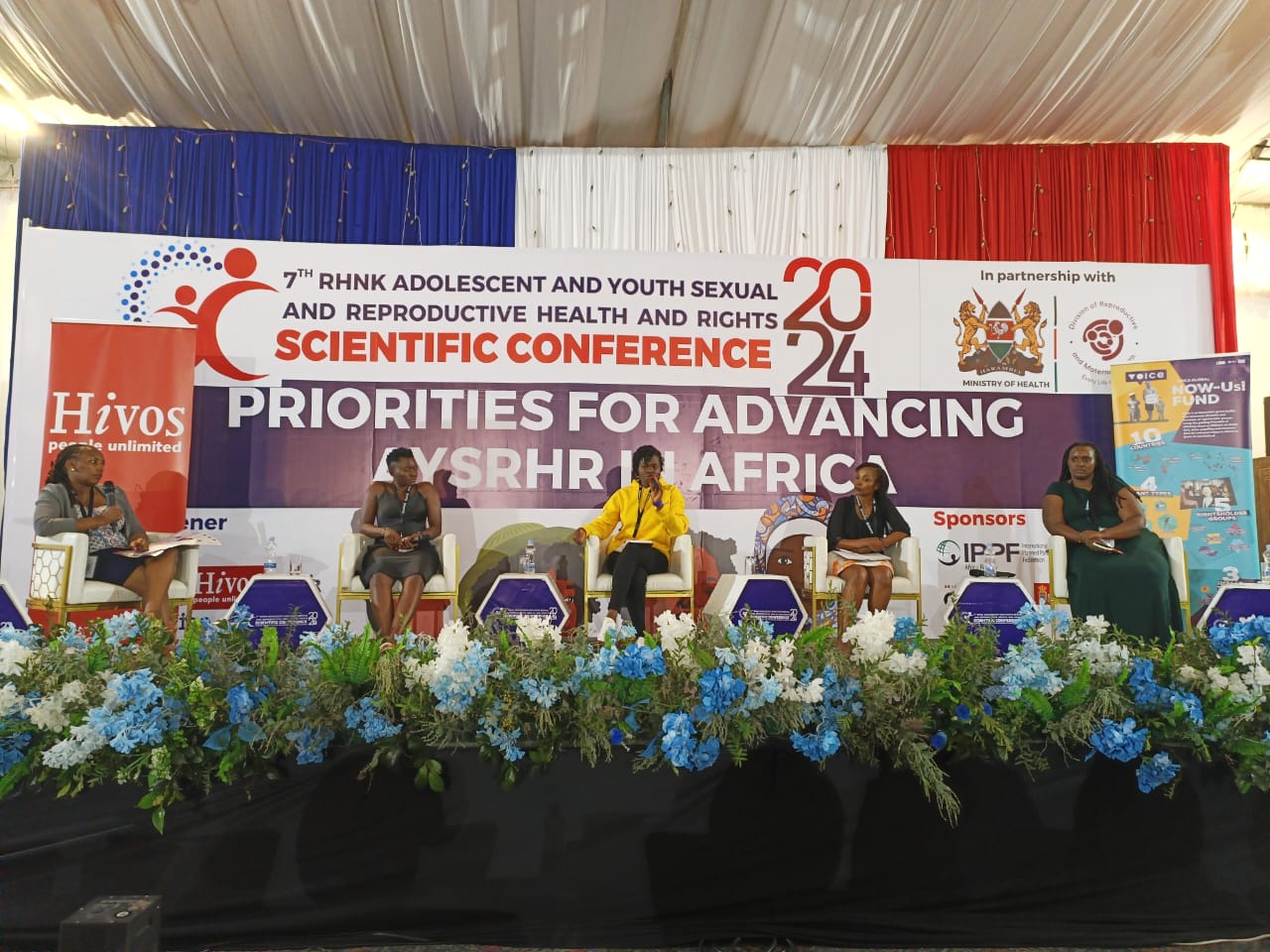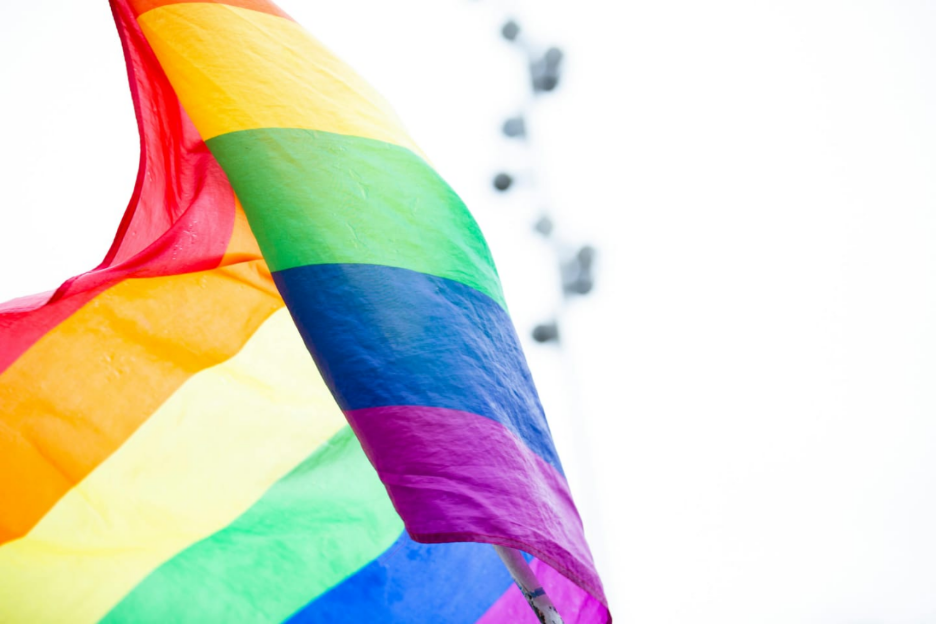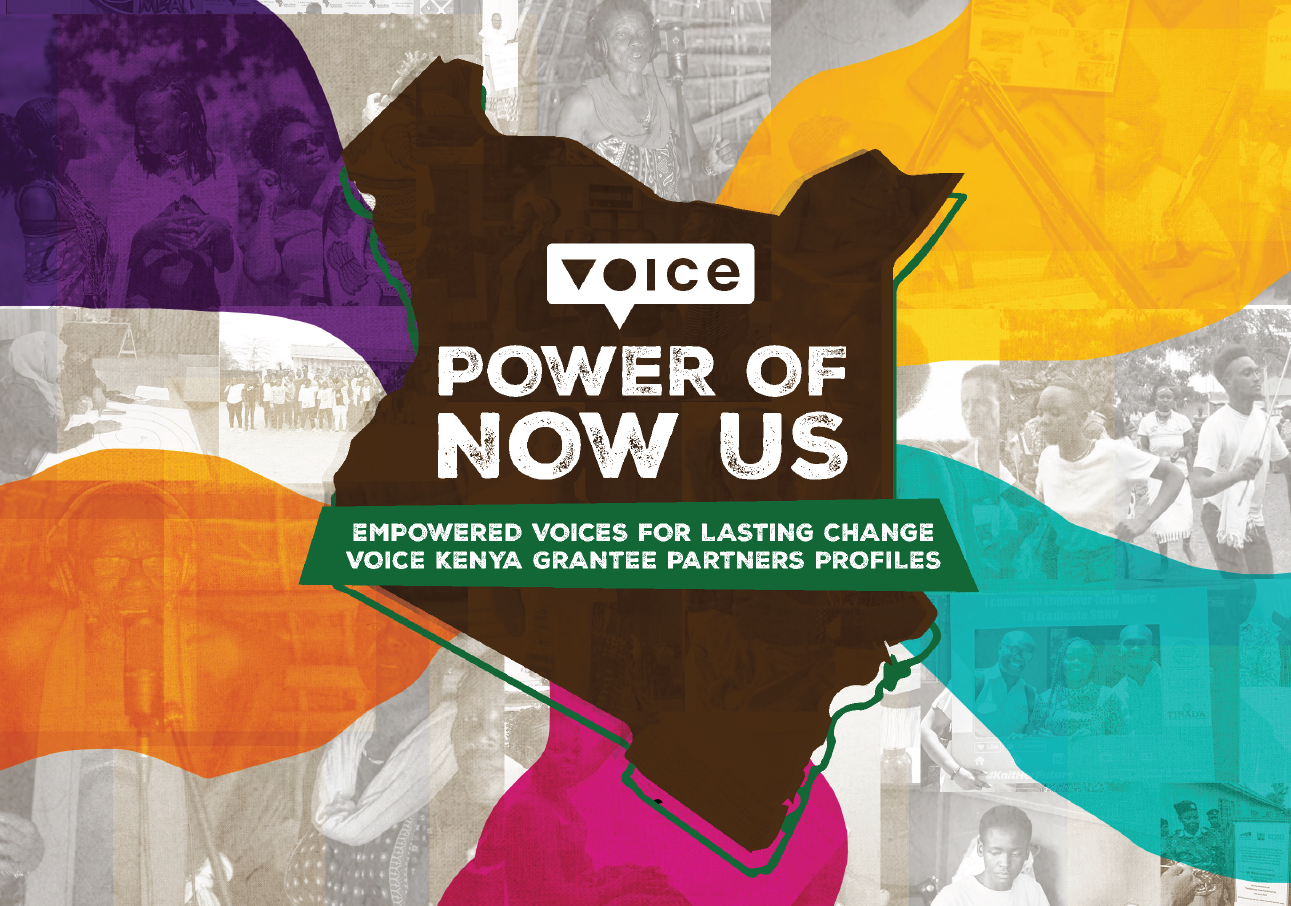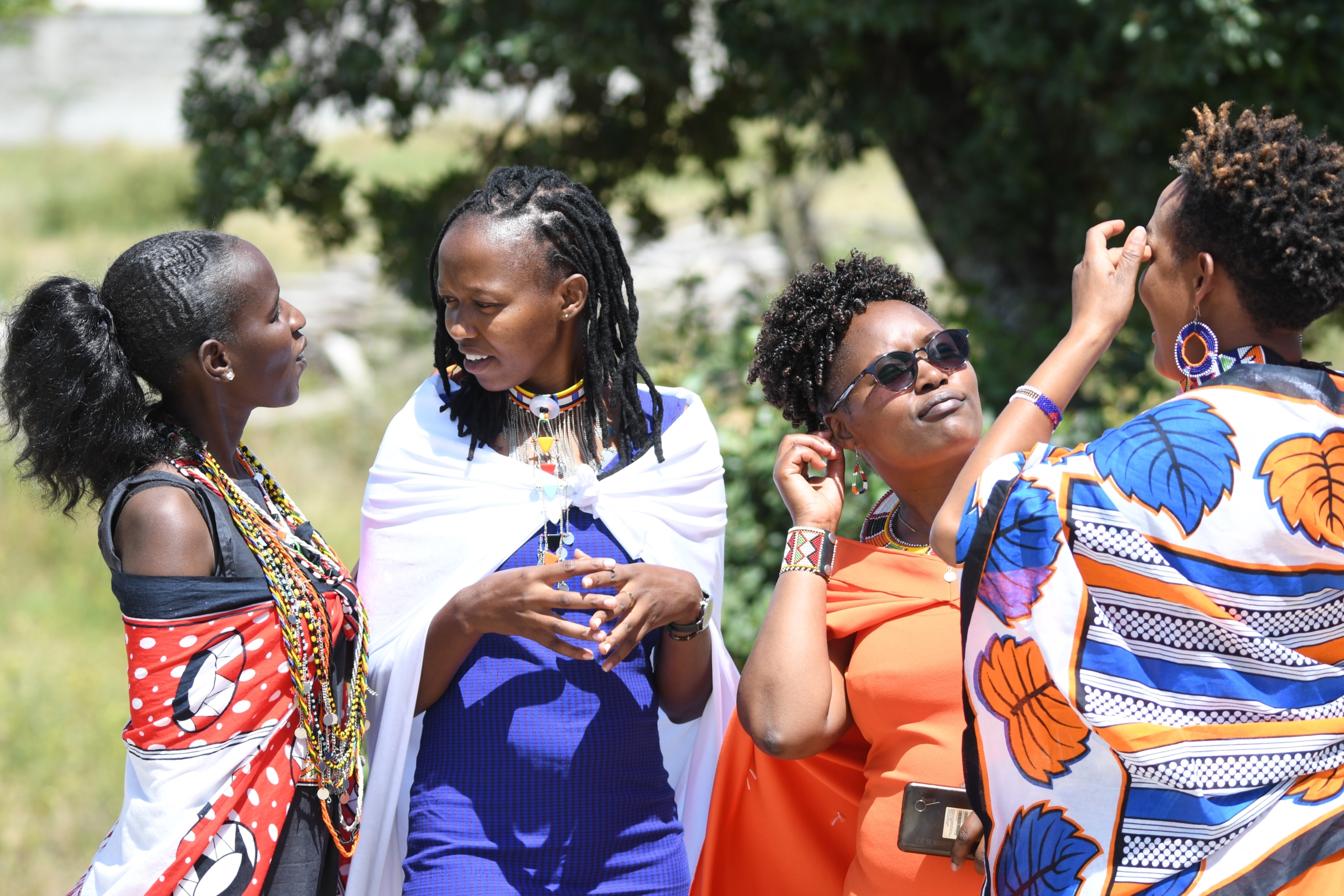WOMEN AND YOUTH IN THE AGE OF DEMOCRACY: THE 2022 GENERAL ELECTIONS PLAYERS
Shikoh Kihika of Tribeless Youth
In the just concluded General Election on the 9th of August 2022, Kenyans elected; 30 female members to the National Assembly, up from 23 in 2017, 7 female governors, up from three in 2017, and three female senators retaining the same number as 2017.
Three out of four of the vice-presidential candidates were female, and double the number of women who battled it out for gubernatorial seat. In many ways, this marks a great step compared to the previous election.
Several counties like Lamu, Kilifi, Machakos and Kirinyaga cast their vote for female candidates, in some cases ending years of dominant male rule. In Nakuru the women swept a majority of elective posts, a potential indicator of the changing political scene.
Also, these elections saw the election of 24-year-old Linet Chepkorir who become the youngest female MP, representing Bomet county in the 13th Parliament. Kenya saw a major decline in the number of young people who registered to vote in the August 2022 elections.
Young people aged between 18 and 35, made up of only about 40% of newly registered voters this year, this, despite the demographic covering more than 70% of the Kenyan population.
The numbers have led to questions being asked about why young people stayed away from the polls. And what the implications are for democracy in Kenya. The more than 8m Kenyans who did not participate in the elections by turning up to cast their ballot constitute to more than a third of the total registered voters.
This reluctance among young people reflects a wider pattern of voter apathy in Kenya. A lot of analysts have also tried to place the blame on the youth for their election apathy. This was however met with resistance and was seen as a chance for the majority disgruntled youth to “revenge” against a government that has run roughshod over the years by attempting to force through unpopular laws, over taxation, unemployment increased inequality and exploitation.
For most young people, the reasons given for failure to engage with the elections ranged from a deep-seated feeling of lethargy in the part of the ruling elite. Many believe that their vote would not have made a difference, especially owing to the long-held patterns of tribal-based voting. Does this reflect changing attitudes among young people?
The answer is yes and no. Yes because, by failing to engage with the elections, young people were sending a message that they are unsatisfied with state power as is, and would rather not engage. No, because unless a political education programme is introduced to educate and inform young people on the state of the nation and measures to undertake in the future that will reverse the trend. Ultimately, the message that was being passed is that young people are unwilling to embrace the status quo, thus a need for alternative political work that they would relate to.







